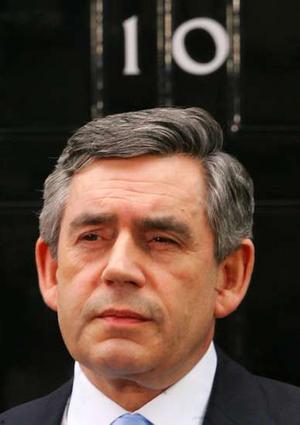 Just taking a Sunday stroll through this week’s magazines, and thought I’d flag up the Economist’s special report on the future of finance. Plenty of worthwhile stuff in there – but this passage on how, historically, early warning systems have been ignored jumped out at me:
Just taking a Sunday stroll through this week’s magazines, and thought I’d flag up the Economist’s special report on the future of finance. Plenty of worthwhile stuff in there – but this passage on how, historically, early warning systems have been ignored jumped out at me:
“Some would seek to limit the ebb and flow of confidence with early warnings, as if financial busts were a hurricane or an outbreak of plague. Gordon Brown, Britain’s prime minister, would like to see the IMF cast in that role.
History suggests that such schemes do not work. People enjoy booms. Walter Bagehot, an editor of The Economist in the 19th century, observed that “all people are most credulous when they are most happy.” Whatever Mr Brown says now, politicians like booms too. As chancellor of the exchequer, if the IMF dared criticise the British economy he used to be dismissive.
Seers like Henry Kaufman, a Wall Street veteran, and Nouriel Roubini, of the NYU Stern School of Business in Manhattan, pointed to the risks of a disaster, but were largely ignored. When Paul Warburg, a renowned banker, spoke about a possible Wall Street collapse in 1929, he was accused of “sandbagging American prosperity”. J.K. Galbraith, who recounts the story in A Short History of Financial Euphoria, detects a whiff of anti-Semitism in Warburg’s treatment.” Early warning systems have an important role to play, but establishing them is the easy part – particularly given that they already exist! The trick is ensuring that Brown and his ilk don’t just ignore them, and that’s a problem which I’m sure will tax countless economic brains over the next few weeks, months and years. They’ll certainly face a minefield of conflicting pulls. If they empower international bodies – by, say, making their warnings in some way binding – then the result may be a messy situation in which supranational regulation impinges on national regulation; with the main victim being economic growth. But if national early warning systems are established, then they’re far more open to politicisation and could be ignored more easily. As far as I can tell, no-one’s come up with an airtight solution yet – but if any CoffeeHousers know better, then I’ll happily be corrected.






Comments